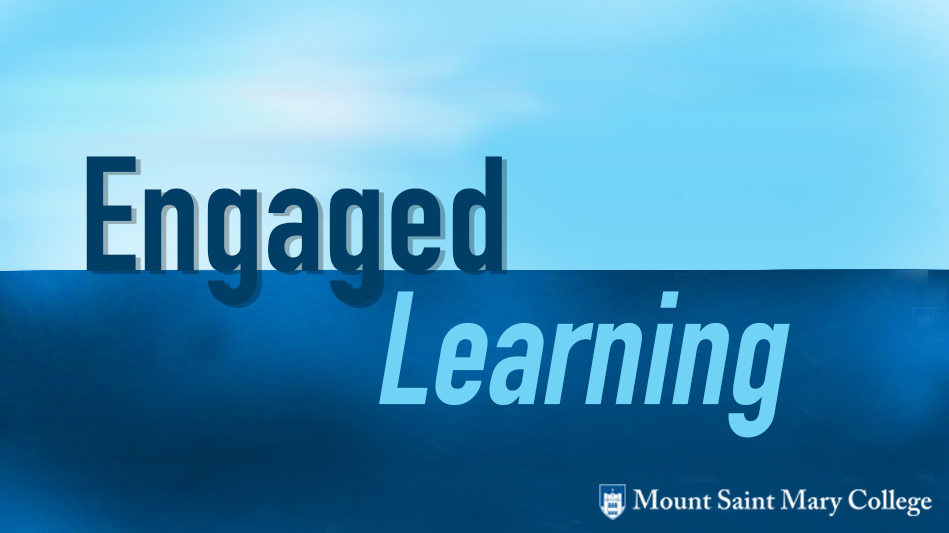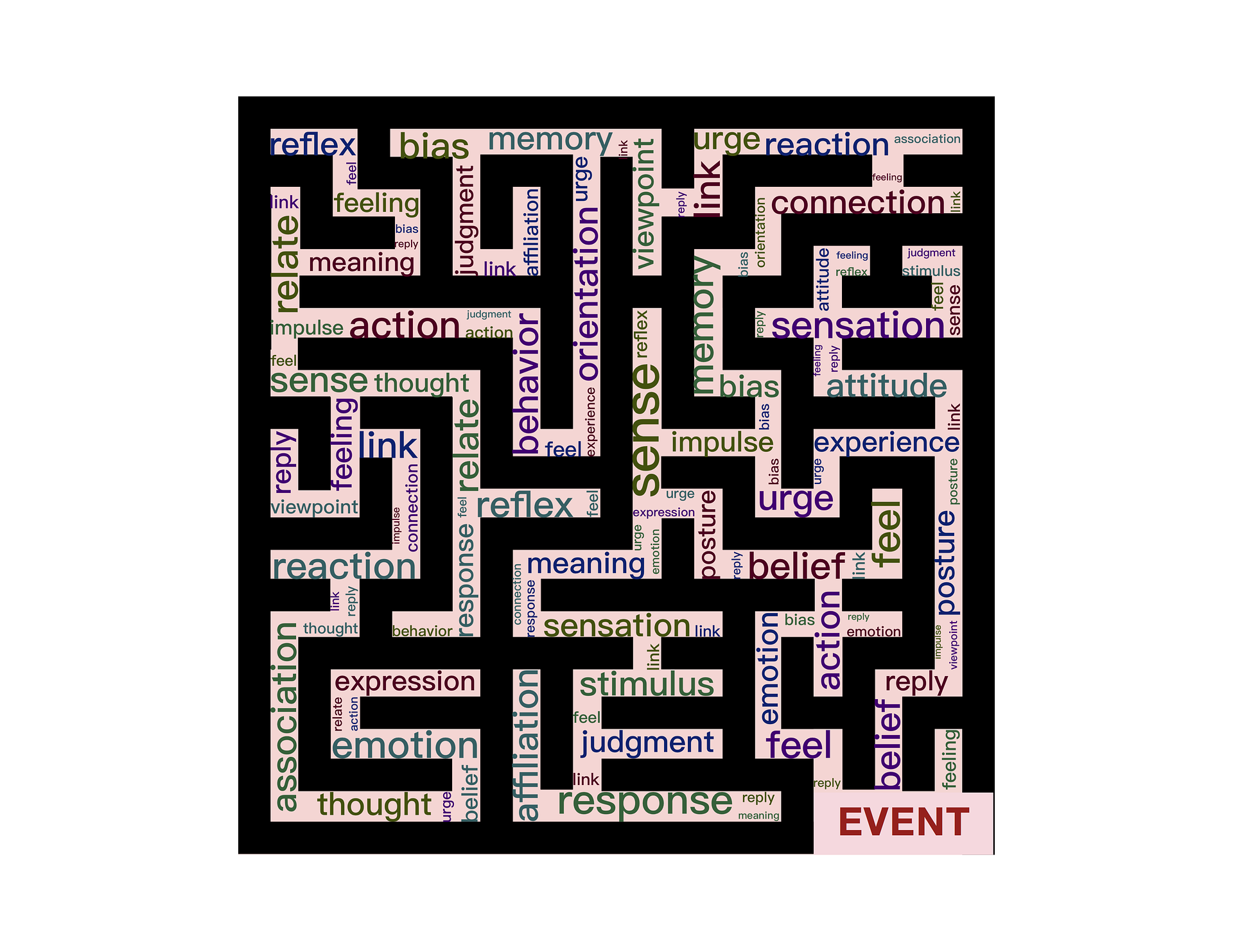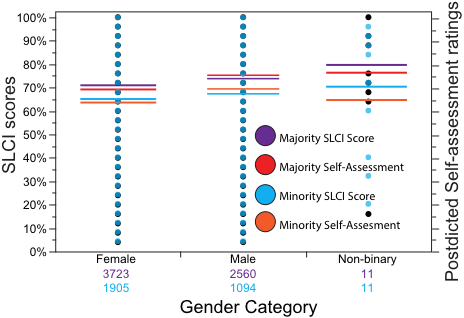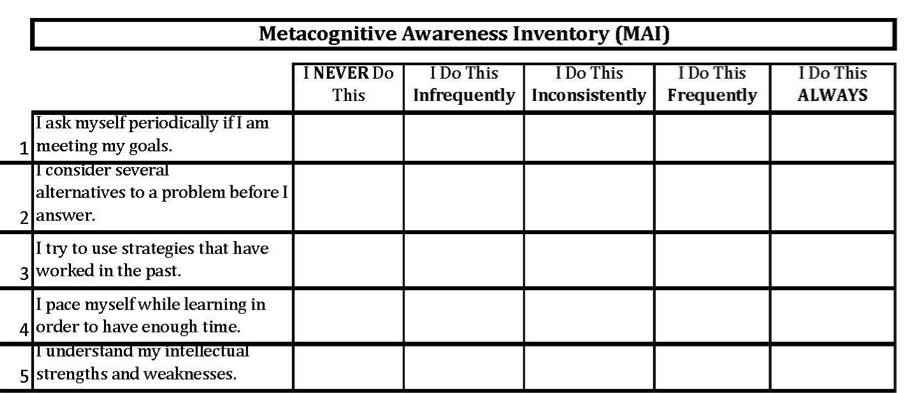by Antonio Gutierrez, Georgia Southern University
In my previous post, I discussed the role conditional knowledge (i.e., the why, when, and where to apply strategies given task demands) plays in learners’ ability to calibrate their performance against their actual performance. This is in light of debates about the relations between the various dimensions of metacognition. Calibration is a component of one’s ability to monitor comprehension, which is a regulatory function. Conditional knowledge, on the other hand, is part of the knowledge component of metacognition. As a researcher I often wonder whether instead of making assumptions that these various metacognitive functions are related whether perhaps we should empirically test these assumptions. In metacognitive research it is often assumed that the knowledge and regulation aspects of metacognition are related. From a theoretical perspective, this makes sense. However, for us to assume that this is the case with all samples and populations may be a stretch, especially given the diversity and individual differences among learners. In this vein, I am currently seeking ethics approval to conduct research with middle school students because this is an understudied population with respect to metacognition. In this proposed research I plan to not only investigate calibration among middle school students and the influence metacognitive strategy training has on learners’ calibration, but I plan to empirically assess the association between the eight dimensions of metacognition (Knowledge: declarative, procedural, and conditional; Regulation: planning, information management, debugging strategies; comprehension monitoring; and evaluation of learning). I will also attempt to test the predictive power of various components of metacognition on learners’ calibration. I am especially interested in empirically measuring the association between conditional knowledge and calibration as well as the predictive power of conditional knowledge on calibration. I expect that metacognitive strategy training will improve learners’ performance, confidence judgments, and also their calibration. I also suspect that those with greater conditional knowledge will have better calibration, and hence, I expect conditional knowledge to strongly predict calibration.
This particular study is one among a series of scientific investigations on the validity of theoretical claims made when researchers discuss metacognition. In my attempt to provide educators a toolkit of domain-general metacognitive strategies they can readily apply in their classrooms, this series of studies will help me provide the empirical evidence necessary to demonstrate the utility and relevance of metacognitive strategies to not only scholars but practitioners as well. These strategies have been adapted from an unpublished pilot study I conducted prior to my dissertation. This research will help me to continue to refine these strategies to better suit adolescents. Moreover, it will shed some light on the link between conditional metacognitive knowledge and calibration, which is a topic that began with earlier posts. Stay tuned for preliminary results of my first investigation.



